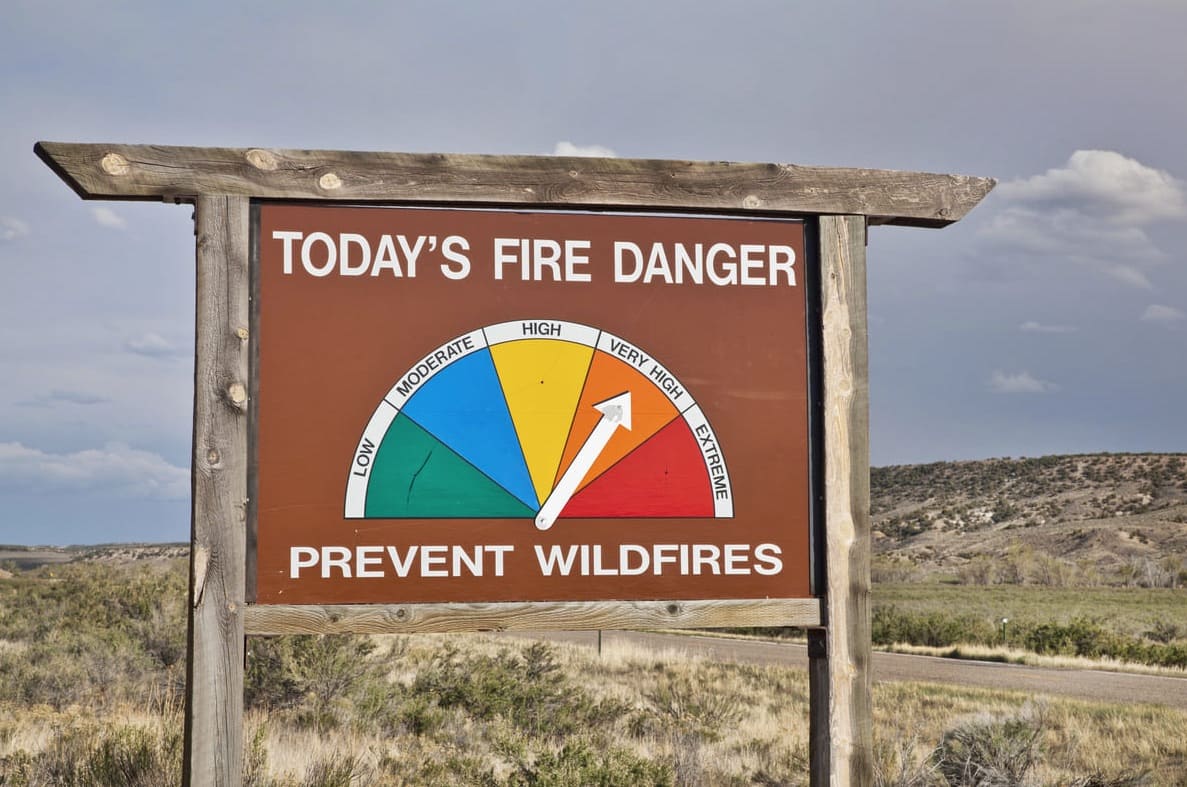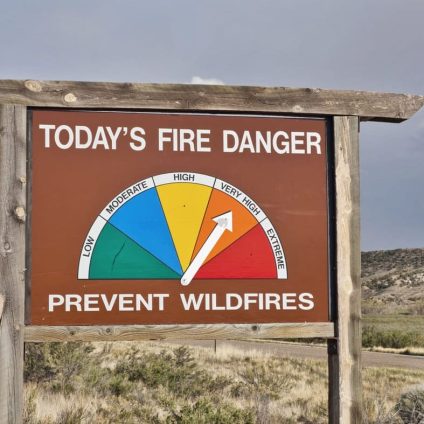Carbon Brief updates the global map of attribution studies, scientific works that quantify the role of anthropogenic climate change in increasing the intensity, duration, and frequency of extreme weather events. The impact is present in 74% of cases from 2004 to the present. Heatwaves are the events most influenced by global warming.

Almost 3 out of 4 extreme events worldwide bear the mark of global warming. 74% of these phenomena have become more intense or frequent due to climate change. In dozens and dozens of cases, these are events that would have been impossible in the pre-industrial climate.
A global map of extreme events
This is what emerges from the global mapping of extreme events curated by Carbon Brief, the most comprehensive available so far. It gathers all the “attribution studies” produced worldwide. Attribution studies are a branch of climate science that investigates and seeks to quantify the role of global warming in the occurrence of extreme weather phenomena such as floods, heatwaves, and storms.
In total, there are 600 studies analyzing nearly 750 extreme events. The first one, from 2004, marked the beginning of “attribution studies.” It focused on the severe heatwave in Europe during the summer of 2003, which caused 70,000 deaths. The conclusion? The abnormal heat had doubled the likelihood of an extreme event of that magnitude occurring.
The Impact of Humans
The Carbon Brief mapping, when read between the lines, highlights the growing role of the climate crisis in intensifying and increasing the frequency of many types of extreme events, as well as the dominant influence of human activities.
Overall, the 600 studies support that 74% of extreme events have been made more likely or intense by climate change. In 9% of cases, the impact is the opposite: these events have been made less intense and less likely (mostly extreme cold events).
How significant is the human factor in these events?
- 83% of the events analyzed show human influence;
- 10% of the cases showed no anthropogenic impacts;
- 7% of the cases had inconclusive results.
Impossible Heatwaves
Across North America, Europe, and Asia, at least 24 heatwave events would have been entirely impossible in a climate without anthropogenic global warming. Their probability and lethality are increasing due to climate change, as are the heat peaks, which continue to rise.
Some studies analyzed by Carbon Brief show a dominant impact of climate change: intensity and frequency have increased by up to 20 times. In the case of the heatwave in Switzerland during the summer of 2023, climate change was responsible for over 60% of the recorded deaths.
Overall, heatwaves are the type of extreme climate event that shows the most significant impact of anthropogenic global warming.












